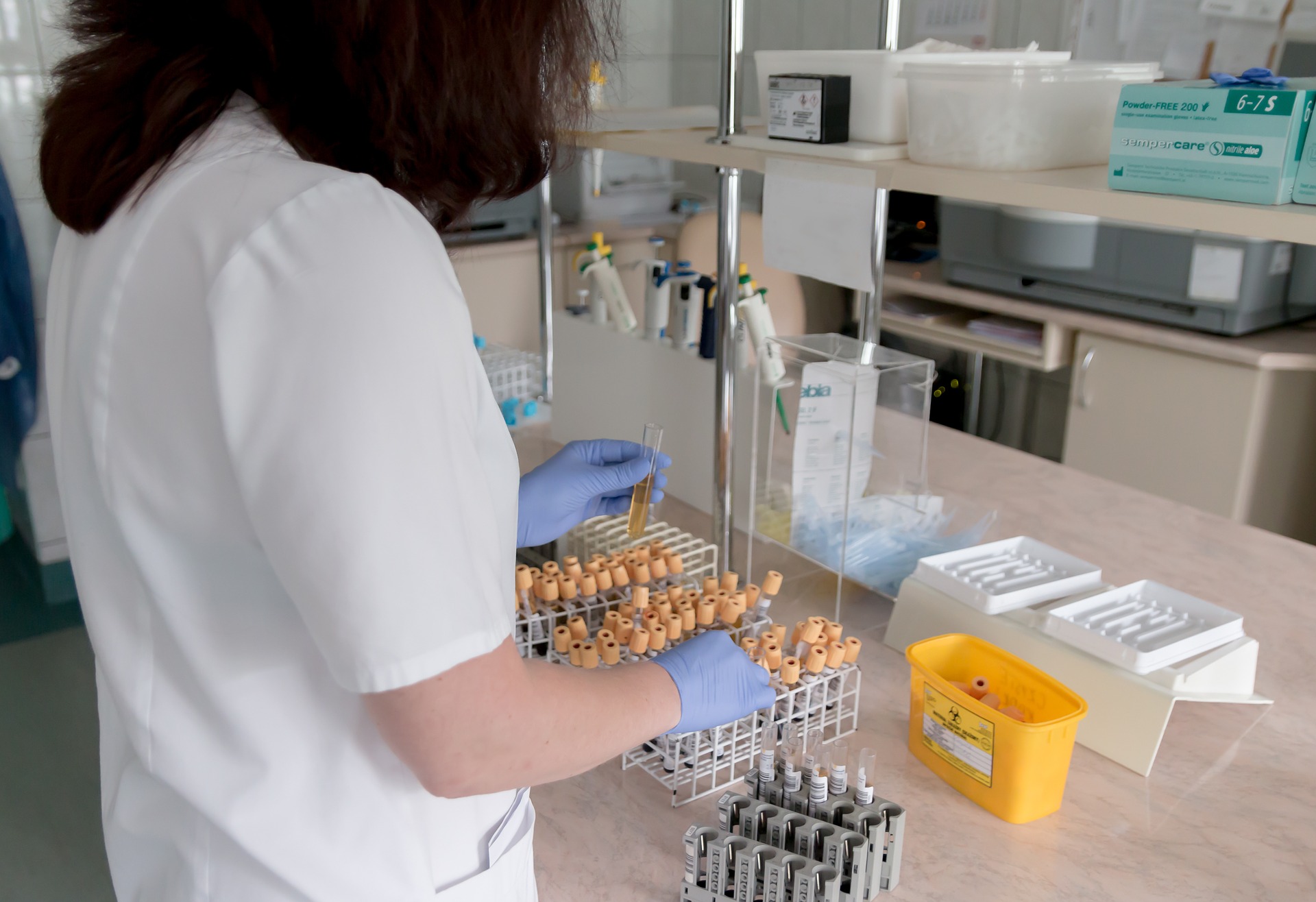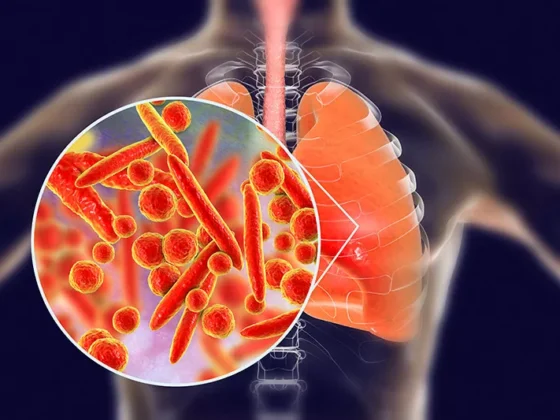The thyroid is a small, butterfly-shaped gland in the neck, and its job is to make a hormone that regulates metabolism. Hypothyroidism is a condition one develops when the thyroid gland produces too little thyroid hormone. These hormones are needed to keep your organs functioning properly, which is why you feel rundown, exhausted, unwell when they are in short supply.
The thyroid is a butterfly-shaped gland that sits low on the front of the neck. It produces hormones – triiodothyronine (T3) and thyroxine (T4), which influence all the metabolic processes in the body.
Increased production of thyroid hormone leads to hyperthyroidism whereas decreased production leads to the stage of hypothyroidism.
The prevalence of hypothyroidism in India is 11% affecting 1 in 10 adults.
Causes of hypothyroidism include autoimmune disease( especially Hashimoto thyroiditis), surgically removed thyroid gland, certain medication ( like Amiodarone, interlukin 2, lithium), Genetic defect, radiation therapy,low iodine intake, pregnancy or pituitary gland disorder, said Dr. Rimmi Verma Orthopaedic and Sports physiotherapist (Gold medallist) Sujok Therapist, Consultant Physiotherapist ar Axis Hospital, Andheri West
Stress is not a cause but it can make the condition worse.
Dr. Verma explained, Standard treatment for hypothyroidism involves daily use of the synthetic thyroid hormone levothyroxine (Levo-T, Synthroid, others). This oral medication restores adequate hormone levels, reversing the signs and symptoms of hypothyroidism.
Adequate Iodine intake is important for better thyroid function.
According to the World Health Organization, acupuncture can be used to treat thyroid diseases, and several studies suggest that acupuncture and TCM can be beneficial in treating hypothyroidism.
Some lifestyle modifications helps to manage hypothyroidism.
Diet in such cases must include leafy greens, whole grains, nuts, seed, and zinc-rich legumes like peas, lentils, chickpeas, and beans. “These foods contain amino acids like tyrosine, B-complex vitamins and antioxidants — all of which support thyroid health,”
Soy based foods, cruciferous vegetables like cauliflower, cabbage, broccoli, high fibre diet, processed foods, frozen meats should be best avoided to improve thyroid health.
He added, Minerals like selenium (tuna, eggs, legumes) and zinc (oysters, chicken) which may support the conversion of T4 hormone to the active T3 hormone, as well as all of the B-vitamins, which “can support energy and the body’s stress response in people with hypothyroidism.”
Excessive alcohol consumption messes up with thyroid function so it should be avoided if it can or drinking occasionally in moderation does not cause any notable damage to thyroid gland.
Hypothyroidism is usually associated with occurrence of depression and anxious thoughts in the patients. Meditation can be one of the effective ways to deal with one’s thoughts and gain mental peace.
Exercise can assist in your thyroid treatment plan by helping relieve stress, reducing symptoms of depression, and maintaining a healthy lifestyle.
“A program of low impact aerobics exercise and strength training is probably the best type of exercise for hypothyroidism.
A combination of medication and lifestyle changes makes it easier to manage











